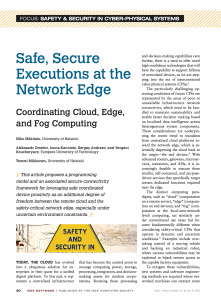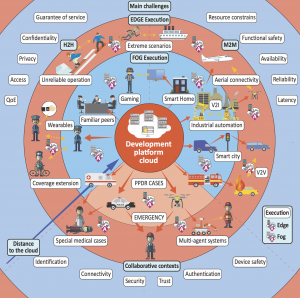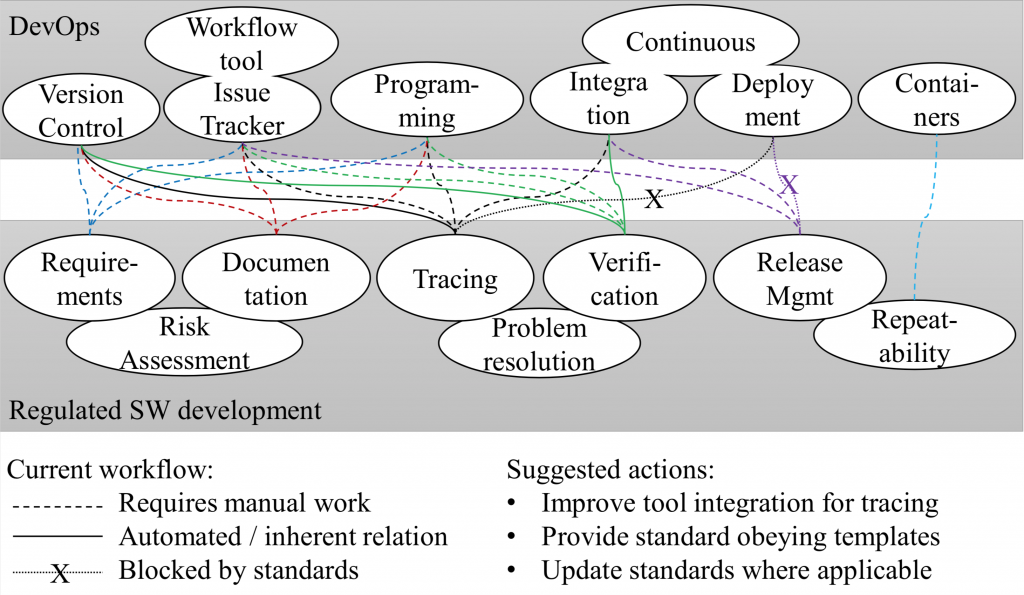Energy systems are in global transition. They are becoming “smarter” by incorporating more and more software and digital data. This is in particular the case with electricity power systems which are currently developed to so-called Smart Grids. In essence they are power systems coupled with ICT systems.
The nature of the future electricity Smart Grid system is fundamentally different from the traditional power systems. Traditional bulk power generation is shifting towards distributed energy resources (e.g., wind turbines). Furthermore, the power flows can now be two-way so that even individual citizens can produce and sell electricity based on for example their private solar panels. In Finland, households are now equipped with smart metering devices making it possible to manage such power flows with information flows.
Such developments bring up many new needs of software systems engineering for current and future energy system houses to be able to design, build and operate the increasingly complex systems-of-systems comprising hardware, software and human elements (cyber-physical systems, CPS). Moreover, the systems must run 24/7/365 being parts of critical national infrastructure under regulations.
We have recently addressed this empirical software research field in a presentation in the Futures Conference 2018: ENERGIZING FUTURES – Sustainable Development and Energy in Transition with the title
Future smart energy software houses
For further information, see:
https://futuresconference2018.wordpress.com/
https://futuresconference2018.files.wordpress.com/2018/06/energizing-boa-web.pdf




